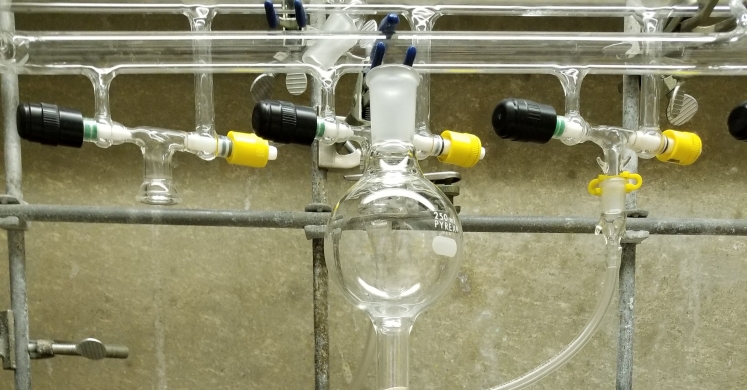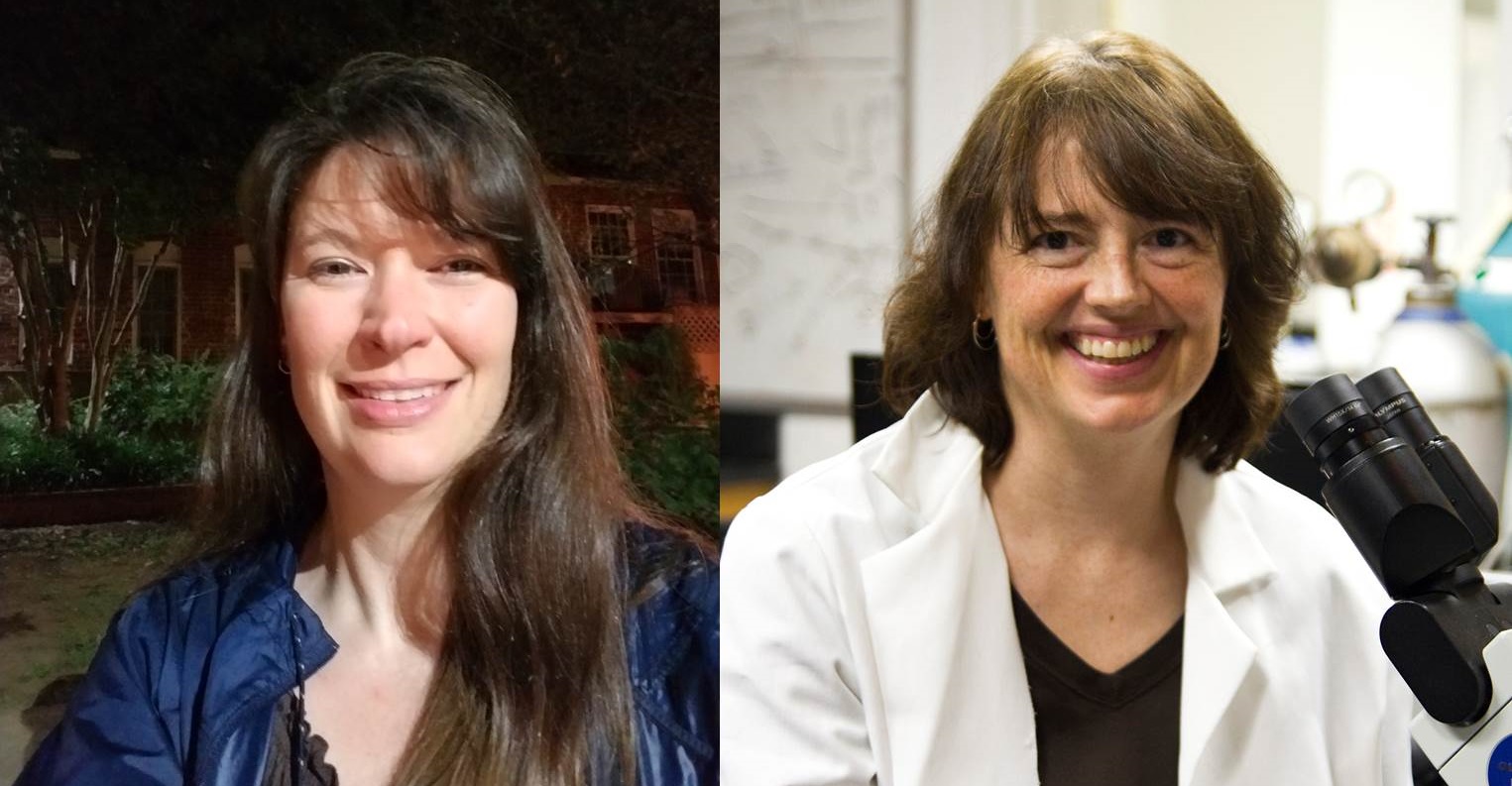Phipps Stories

Meet a Scientist: Dr. Linda Peteanu and Anneliese Schmidt
What do these two chemists have in common—one studies the optics and lasers to help view tiny molecules under specialized microscopes and the other works with materials to help your electronics hold energy longer? The answer is…you can meet them both this Saturday in the Tropical Forest for Meet a Scientist! Dr. Linda Peteanu, the head of the chemistry department at Carnegie Mellon University, and Anneliese Schmidt, doctoral student in chemistry at the University of Pittsburgh will both be at Phipps this Saturday, November 18, from 1:30 pm – 3:30 pm to share all of the details about their work and life as a scientist. Read a little more about them below and be sure to meet them in person this Saturday!
Our Meet a Scientist events are an extension of science communication workshops. If you are a graduate student, professor, or other professional in any STEM field and you are interested in participating in sci comm initiatives, check out our website!

What first interested you in science?
Ms. Schmidt: Science was always a big part of my life. My father was an electrical engineer and taught me how to work on cars and about electronics. My parents took me to the many different kinds museums, including NASA, Smithsonian, and science and technology, as well as natural history and botanical gardens. I originally thought that I was going to become a math teacher, but by the time I left for college I had decided that I was going to become a computer scientist. I quickly discovered that my passion was for chemistry. When I learned that everything in our world is built from these very tiny things called atoms was most curious and exciting. Then I discovered that we can actually direct these things in a specific way to make something completely different from what we started with, and that convinced me this is the career for me.
Dr. Peteanu: I can’t say I always wanted to be a scientist but I was always very curious about pretty much everything. I found my first grade report card recently and the comment made was “Linda always asks a lot of questions until she is certain she understands everything”. I was never the best or the brightest in school, even in science, but I also liked challenges so that helped me preserver in difficult subjects. My mother taught cosmetology in a vocational high school and my father was a mechanical engineer so I guess they both influenced my choice of profession in their own way, but maybe not in the way you might think. When I was in nursery school through first grade my father was attending night college to get his masters degree in engineering while working days as a draftsman. As English was not his first language, I could see this was very challenging for him and he worked very hard. However, it made me absolutely certain that I was going to go to college, even before I was entirely sure what that was. I used to grade my mother’s multiple choice test papers and ‘teach’ my friends (or stuffed animals when no one else was available) simple lessons. From her interest in cosmetics and hair products, I came to be fascinated by how chemicals can transform- even something like how a perm solution worked by breaking down and re-forming the chemical bonds in hair was fascinating to me. I used to ‘formulate’ my own ‘beauty’ products mixing things we had around the house, luckily doing no real damage, and grind up flowers to make pigments and dyes.
What are some of the skills in your job?
Dr. Peteanu: Part of my job is administrative so I am learning skills in motivating others, management, negotiation, and sales that I need for interacting with faculty, my students, other administrators, and the student body at large. Written and oral communication skills are very important in this context as well as in my scientific scholarship. My fundamental science skills, which are the design of experiments and of equipment, are used constantly as well.
Ms. Schmidt: As a chemist, I need to be creative, in order to come up with solutions to problems that will work better than previous solutions. Another skill is to be observant, because sometimes the smallest change in color or texture indicates an experiment is complete. A chemist needs to be able to think critically, in order to plan the experiment well…and there is quite a lot of hands-on skills required. A synthetic chemist must set up the equipment needed and secure it with clamps, brackets, stands, etc. This is so the material he or she has spent so much time making is not spilled, expensive supplies are not wasted, and, worst of all, no one is exposed to dangerous things. There is also some engineering involved.
Why is science education important?
Ms. Schmidt: Science education is important because all the things that make our lives so much better than they were 100 years ago came about because of science…and we can continue to improve life, such as finding cures to diseases, make better limb replacements, and make better cars in order to reduce pollution. And by teaching science to children, maybe we can inspire the scientist that will find the cure for cancer.
Dr. Peteanu: I know that a relatively small number of people will seek a job directly in one of the scientific disciplines. However, science and technology is changing the way all of us work and this will happen with increasing speed. The fundamental knowledge that enables people to keep up with these trends will help them to grow with the demands of their chosen field. Science and technology can bring fantastic improvements to our quality of life but sometimes at significant cost. An educated voting citizenry is important to help make the best decisions to balance cost and benefit. Ultimately, however, I am also hoping that people can be inspired and awed by the sheer beauty of science and of our natural world.
Come to Phipps Conservatory for Meet a Scientist this Saturday, November 18, from 1:30-3:30 pm!

